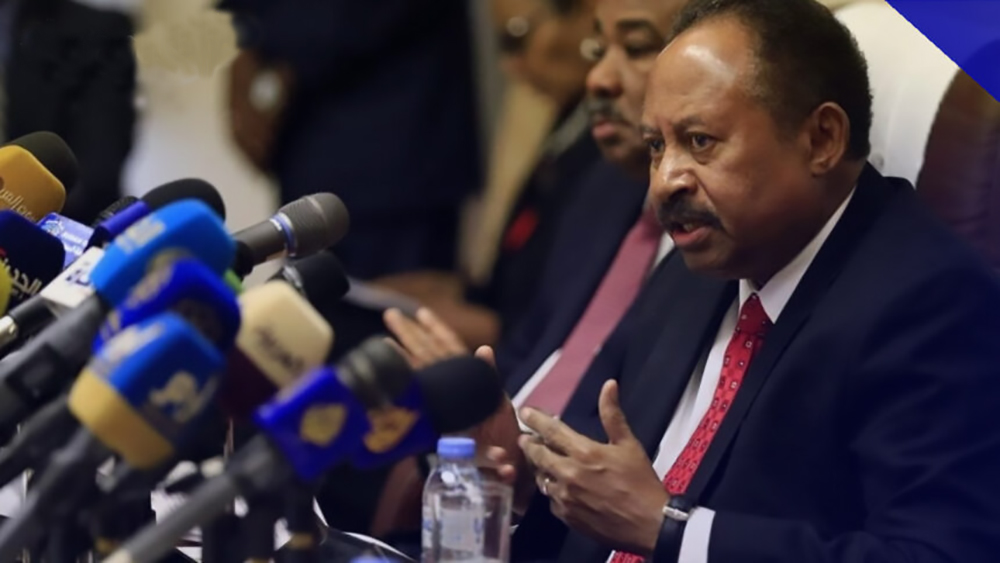
Tagadom - Progress, the Right Path from Addis
Yusef Sarraj
(-) The attendees succeeded in establishing the National Democratic Front during their preparatory deliberations held in the Ethiopian capital, Addis Ababa, which began with deep discussions covering political, economic, humanitarian, and media aspects.
(-) Sudanese civil forces concluded the preparatory conference by agreeing on an organizational structure, represented by a leadership body for the Democratic Civil Forces Coordination named Progress, chaired by former Prime Minister Dr. Abdullah Hamdok. It includes representatives of political and civil forces, unions, resistance committees, and professional bodies, alongside an executive coordination office of 30 members tasked with preparing for the coordinations founding meeting.
(-) The Addis Ababa meetings primarily aimed to unite forces demanding the restoration of the democratic civil transition in Sudan, attended by about a hundred participants from political, civil, and trade union forces, retired military personnel, and public figures.
(-) A notable aspect of the civil forces conference was its focus on ending the peoples suffering due to the catastrophic war and contemplating the necessary preparations for the post-war phase. This is evident in the appeal launched by former Prime Minister Dr. Abdullah Hamdok, reported by international news agencies, urging the conflicting parties to facilitate the delivery of humanitarian aid and ensure access for humanitarian field workers directly to those in need.
(-) Hamdoks affirmations of his support for the meetings recommendations and the concluding statement are a step that will have consequences, especially since the man is now the head of the leadership body leading to the founding conference. As usual, he did not miss the opportunity and sent a message of gratitude to neighboring countries and regional and international communities for supporting the Sudanese people in their plight. He called on them to support efforts to stop the war and address the humanitarian crisis, specifically thanking the efforts of the Kingdom of Saudi Arabia, the United States of America, IGAD, and the African Union to stop the war. He also called on the military negotiating parties in Jeddah to show political will to resolve the situation by ceasing fire, addressing the humanitarian disaster, and saving the country from the risks of division.
(-) The call to build the broadest possible civil front to stand against the war and restore the democratic path was at the forefront of the participants recommendations. The concluding statement of the preparatory committee approved organizing specialized workshops that would lead to recommendations for developing the civil negotiating position, security and military reform, transitional justice, institutional rebuilding of state bodies, peace and social fabric mending, fighting hate speech, creating a permanent constitution, formulating an economic program for reconstructing the country, and addressing issues related to states and local governance.
(-) The international welcome of the results achieved in the preparatory meetings for building a broad civil front in Sudan will contribute significantly to the efforts aimed at stopping the war in Sudan and is an important step in pressuring the conflicting parties and recalibrating the democratic path.
(-) Allocating 70% of the leadership body to non-partisan forces from resistance committees, unions, and civil society organizations will significantly dissolve the stalemate that has afflicted the political scene in the past period. It will also place the living revolutionary forces at the forefront to achieve their enduring slogan Freedom, Peace, and Justice.


